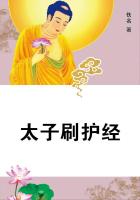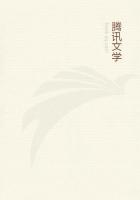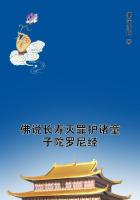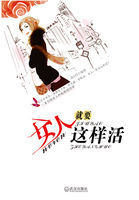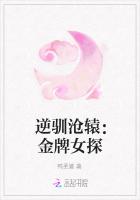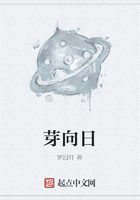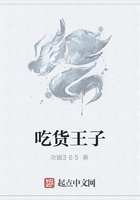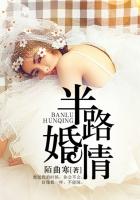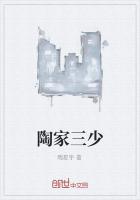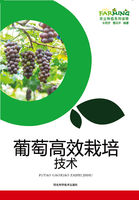I knew Anselmo.He was shrewd and prudent, Wisdom and cunning had their shares of him;But he was shrewish as a wayward child, And pleased again by toys which childhood please;As--book of fables, graced with print of wood, Or else the jingling of a rusty medal, Or the rare melody of some old ditty, That first was sung to please King Pepin's cradle INTRODUCTIONThe present work completes a series of fictitious narratives, intended to illustrate the manners of Scotland at three different periods.
_Waverley_ embraced the age of our fathers, _Guy Mannering_ that of our own youth, and the _Antiquary_ refers to the last ten years of the eighteenth century.I have, in the two last narratives especially, sought my principal personages in the class of society who are the last to feel the influence of that general polish which assimilates to each other the manners of different nations.Among the same class I have placed some of the scenes in which I have endeavoured to illustrate the operation of the higher and more violent passions;both because the lower orders are less restrained by the habit of suppressing their feelings, and because I agree, with my friend Wordsworth, that they seldom fail to express them in the strongest and most powerful language.This is, I think, peculiarly the case with the peasantry of my own country, a class with whom I have long been familiar.The antique force and simplicity of their language, often tinctured with the Oriental eloquence of Scripture, in the mouths of those of an elevated understanding, give pathos to their grief, and dignity to their resentment.
I have been more solicitous to describe manners minutely than to arrange in any case an artificial and combined narrative, and have but to regret that I felt myself unable to unite these two requisites of a good Novel.
The knavery of the adept in the following sheets may appear forced and improbable; but we have had very late instances of the force of superstitious credulity to a much greater extent, and the reader may be assured, that this part of the narrative is founded on a fact of actual occurrence.
I have now only to express my gratitude to the Public for the distinguished reception which, they have given to works, that have little more than some truth of colouring to recommend them, and to take my respectful leave, as one who is not likely again to solicit their favour.
*To the above advertisement, which was prefixed to the first edition of the Antiquary, it is necessary in the present edition to add a few words, transferred from the Introduction to the Chronicles of the Canongate, respecting the character of Jonathan Oldbuck.
``I may here state generally, that although I have deemed historical personages free subjects of delineation, I have never on any occasion violated the respect due to private life.It was indeed impossible that traits proper to persons, both living and dead, with whom I have had intercourse in society, should not have risen to my pen in such works as Waverley, and those which, followed it.
But I have always studied to generalise the portraits, so that they should still seem, on the whole, the productions of fancy, though possessing some resemblance to real individuals.Yet I must own my attempts have not in this last particular been uniformly successful.
There are men whose characters are so peculiarly marked, that the delineation of some leading and principal feature, inevitably places the whole person before you in his individuality.Thus the character of Jonathan Oldbuck in the Antiquary, was partly founded on that of an old friend of my youth, to whom I am indebted for introducing me to Shakspeare, and other invaluable favours; but I thought I had so completely disguised the likeness, that it could not be recognised by any one now alive.I was mistaken, however, and indeed had endangered what I desired should be considered as a secret; for I afterwards learned that a highly respectable gentleman, one of the few surviving friends of my father, and an acute critic, had said, upon the appearance of the work, that he was now convinced who was the author of it, as he recognised, in the Antiquary, traces of the character of a very intimate friend<*> of my father's family.''
* [The late George Constable of Wallace Craigie, near Dundee.]
I have only farther to request the reader not to suppose that my late respected friend resembled Mr.Oldbuck, either in his pedigree, or the history imputed to the ideal personage.There is not a single incident in the Novel which is borrowed from his real circumstances, excepting the fact that he resided in an old house near a flourishing seaport, and that the author chanced to witness a scene betwixt him and the female proprietor of a stage-coach, very similar to that which commences the history of the Antiquary.An excellent temper, with a slight degree of subacid humour; learning, wit, and drollery, the more poignant that they were a little marked by the peculiarities of an old bachelor; a soundness of thought, rendered more forcible by an occasional quaintness of expression, were, the author conceives, the only qualities in which the creature of his imagination resembled his benevolent and excellent old friend.
The prominent part performed by the Beggar in the following narrative, induces the author to prefix a few remarks of that character, as it formerly existed in Scotland, though it is now scarcely to be traced.
Many of the old Scottish mendicants were by no means to be confounded with the utterly degraded class of beings who now practise that wandering trade.Such of them as were in the habit of travelling through a particular district, were usually well received both in the farmer's ha', and in the kitchens of the country gentlemen.Martin, author of the _Reliqui<ae> Divi Sancti Andre<ae>,_ written in 1683, gives the following account of one class of this order of men in the seventeenth century, in terms which would induce an antiquary like Mr.

